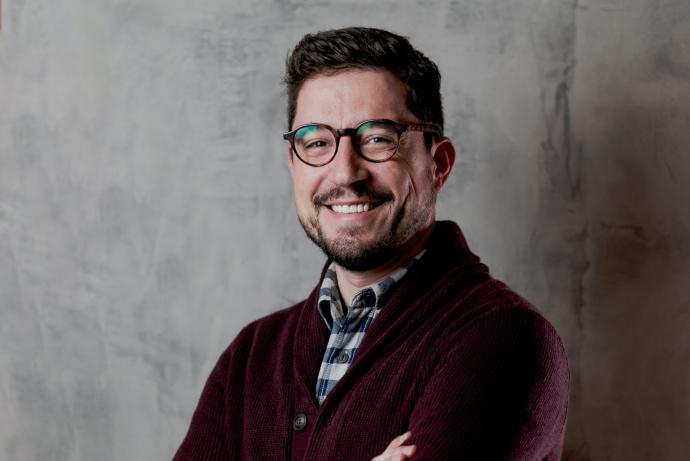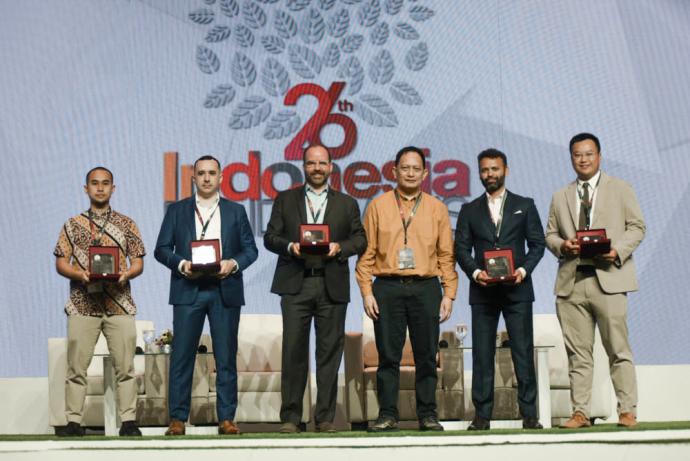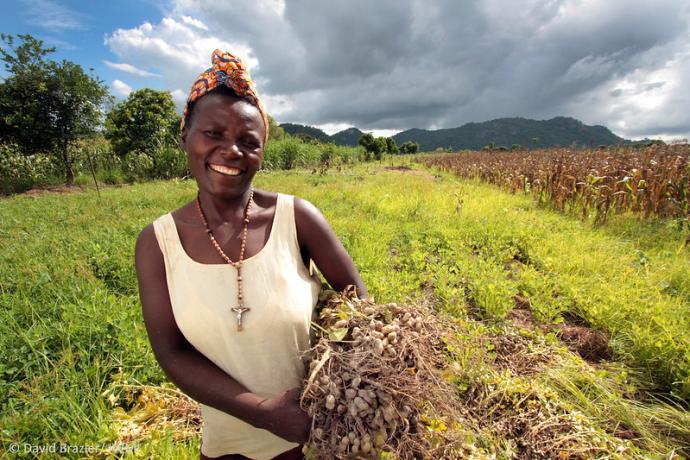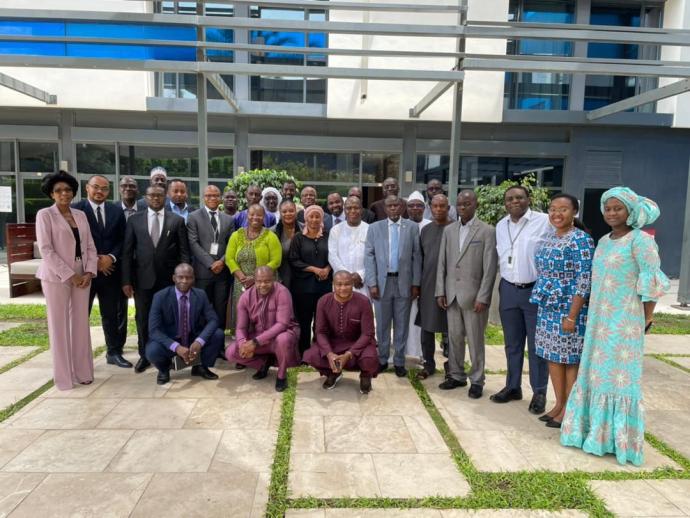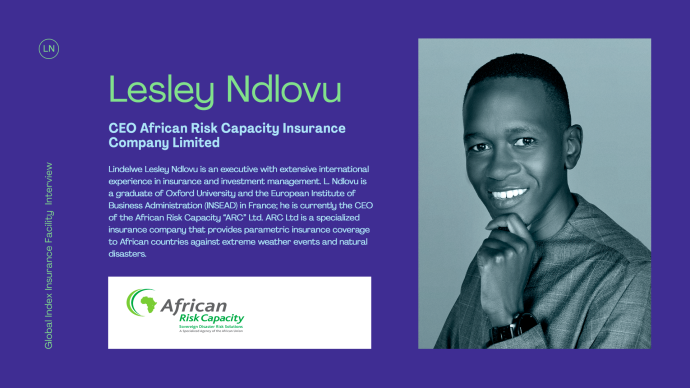25
Oct
Why was Kenya chosen as a focal country by the iDF Inclusive Insurance Working Group? According to Pedro Pinheiro the Insurance Development Forum’s (iDF) Inclusive Insurance Working Group (IIWG) has selected 21 focus countries through a rigorous process that aimed at ensuring diversity and took into consideration political will and stability; legal and regulatory environment; development of the insurance market; the presence and interest of the IIWG members, among other criteria. Out of those 21 countries, four priority countries (Mexico, Kenya, Indonesia and the Philippines) were chosen for

